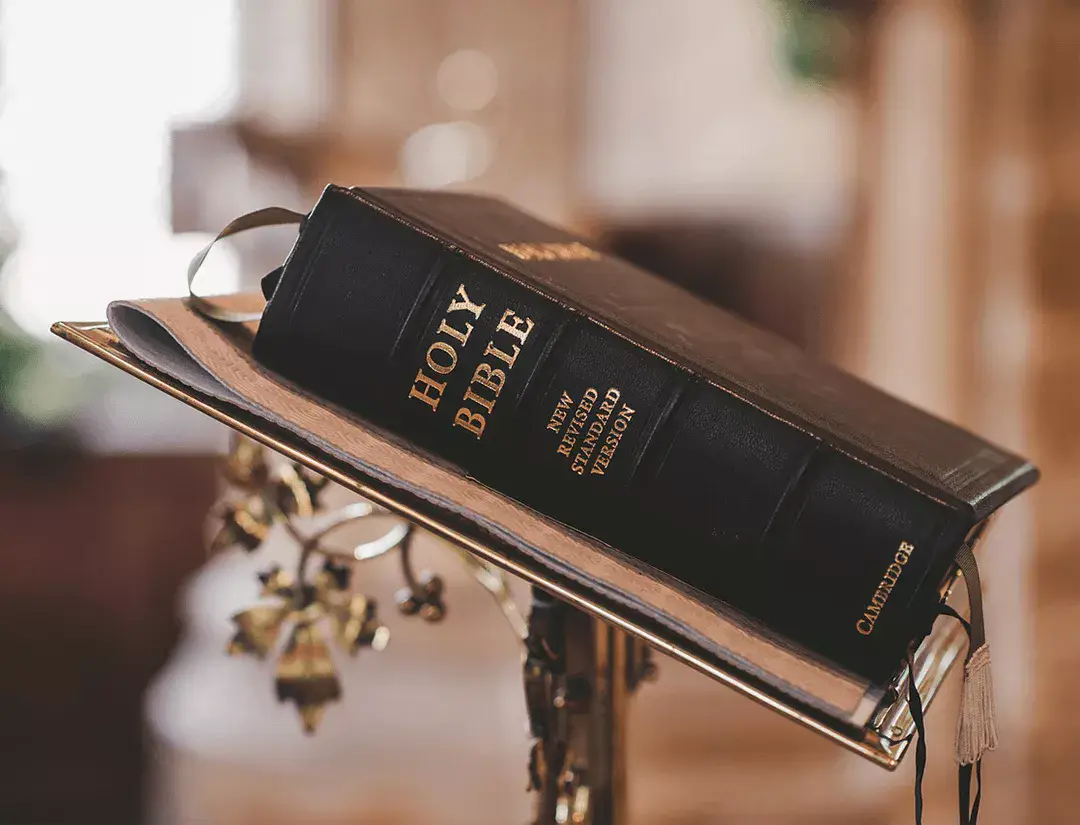Language
 Directory
Directory
Matthew
John the Baptist

1. John the Baptist is a prominent figure in the New Testament of the Bible, specifically mentioned in the Gospels of Matthew, Mark, Luke, and John. His story and significance revolve around his role as a prophet who prepared the way for Jesus Christ and his important message of repentance and baptism.
2. John the Baptist was born to Zechariah, a priest, and his wife Elizabeth. His birth was foretold by an angel who appeared to Zechariah in the temple, informing him that his son would be filled with the Holy Spirit from birth and would play a significant role in the coming of the Messiah.
3. As John grew older, he lived an ascetic and solitary life in the wilderness, dressing in camel's hair and consuming a simple diet of locusts and wild honey. He proclaimed a message of repentance, urging people to turn away from sin, be baptized, and prepare their hearts for the coming of the Kingdom of God.
4. John's ministry drew significant attention and crowds from various regions. He baptized people in the Jordan River as a symbol of their repentance and commitment to God. Many recognized John as a prophet and were deeply moved by his message.
5. John's significance lies in his role as the forerunner of Jesus Christ. He prepared the way for Jesus' public ministry, proclaiming, "Prepare the way for the Lord; make straight paths for him. "He understood that he was not the Messiah but rather someone sent by God to announce the arrival of the long-awaited Savior.
6. John recognized Jesus as the Lamb of God and baptized Him in the Jordan River, an event that marked the beginning of Jesus' public ministry. John declared, "Look, the Lamb of God, who takes away the sin of the world!" acknowledging Jesus as the ultimate sacrifice for the redemption of humanity.
7. John's teachings and message had a profound impact on the people of his time. Many came to him seeking forgiveness, guidance, and a renewed relationship with God. He challenged religious leaders, calling them to true repentance and genuine faith, rather than relying on their heritage or religious practices.
8. John's courage in speaking truth to power ultimately led to his arrest and imprisonment. He openly criticized Herod Antipas, the ruler at that time, for his unlawful marriage to Herodias, his brother's wife.
9. Herodias held a grudge against John and wanted him dead. During Herod's birthday celebration, Herodias's daughter danced before him, pleasing him greatly. In response, Herod granted her a request, and at the urging of her mother, she demanded John the Baptist's head on a platter. Reluctantly, Herod fulfilled her request, and John was executed.
10. The significance of John the Baptist lies in his pivotal role in preparing the way for Jesus' ministry. He served as a bridge between the Old Testament prophets and the coming of the Messiah. Through his message of repentance and baptism, he prepared hearts for the Transformative work of Jesus Christ, encouraging people to turn away from sin and embrace the forgiveness and salvation offered by God.
11. John's ministry also highlighted the importance of humility and selflessness. Despite his popularity, he repeatedly emphasized that he was unworthy to untie the straps of Jesus' sandals. He recognized that his purpose was to point others to the One who was greater than himself.
12. John's life continues as an example of obedience and faithfulness to God's call. He fearlessly proclaimed the truth, regardless of the consequences. His unwavering commitment to righteousness and justice to inspire Christians today.
13. John the Baptist played a crucial role as a prophet who prepared the way for Jesus Christ. He proclaimed a message of repentance, baptized people symbolically, and pointed to Jesus as the Lamb of God who takes away the sins of the world. John's significance lies in his obedience to God's call, his unwavering faithfulness, and his central role in the redemptive plan of God.




 Previous
Previous







